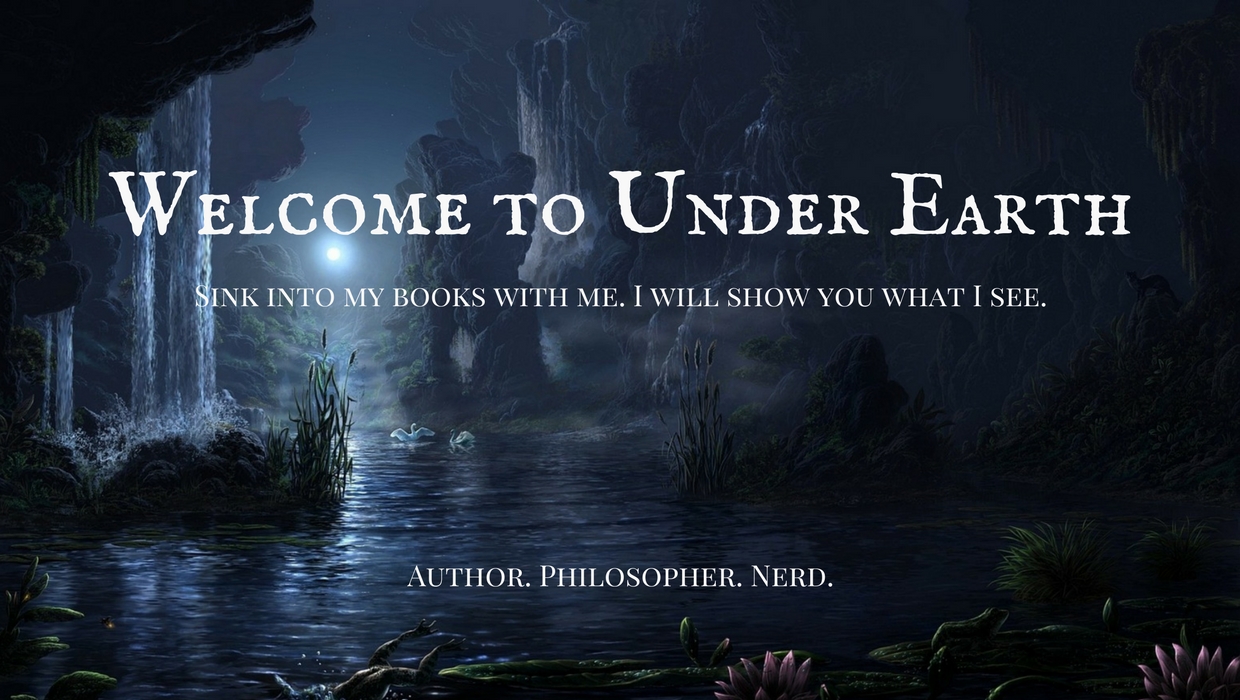Authors love interviews. There is something about them that allows you to feel like J.K. Rowling just for a few moments. The thought that someone loves your writing so much, they want to know more about you. A few readers have come to me and asked if we have generic questions we plug in. I’m not sure about others, but for me, the answer is no. I hand write each and every response, each and every time. No two interviews are the same in my case.
Now and then, I get the wording just right and I simply adore a certain answer or phrase. Here is the complete interview with Echo Fox currently featured as her Spotlight Author. Below are the three questions and answers that just give me warm fuzzies all over.
Tell us a brief summary of your book’s plot.
Dolor and Shadow is about Kallan, an elven witch and queen of Lorlenalin whose powers and memories were magically suppressed as a child in an attempt to hide her from the gods who seek to destroy her. When the gods close in, Kallan’s father is killed and her nemesis, King Rune of Gunir, is framed. In an attempt to save her, Kallan’s kin hands her over to Rune and both monarchs end up in the mountains of Jotunheim, in the middle of Midgard. Now, to get back home to Alfheim, Kallan and Rune have to form an alliance while being hunted by a race of cave elves, the Dvergar, a crazed King seeking Kallan’s powers, and a vengeful Fae goddess who wants nothing more than to see Kallan killed. Along the way, Rune picks up powers of his own and he and Kallan have no idea how to control his new gift.
What was the inspiration for this story?
Kallan really. After creating this powerful witch elf, I researched elves and located the 13th century Icelandic tomes, the Prose Edda. I found myself smack dab in the middle of Norse Mythology and Vikings. And where Vikings go, Celtic Myth is close by. I merged the two and added my story alongside the historical events of Scandinavia in the year 995 C.E.
How important do you think a book’s cover is?
Very. As important as the editing done on the book. A poor book cover will communicate to the reader that a writer is unprofessional, sloppy, and has low standards. If a reader sees a poor book cover, the reader most likely will think, “If they put that on the cover, what kind of an editing job/writing job did they do?” In turn, if a writer puts a prize winning cover on the book, the reader will most likely think, “If that’s the cover, the editing/writing must also be just as good.” In a second, a cover tells the reader exactly what quality and style of book they’re considering. If the cover is poor, the reader won’t even pick up the book to read the blurb. Think of a poor cover as a dissertation covered in coffee rings with dog ears that was printed on a low ink cartridge. A good book cover is like a pristine dissertation stored in a proper cover. The book cover can make or break your career.
